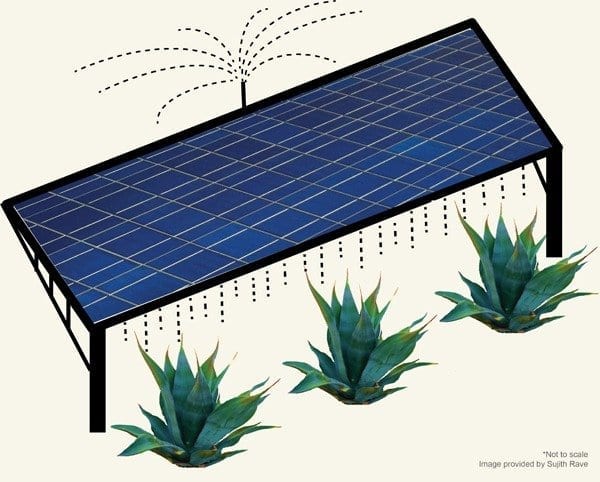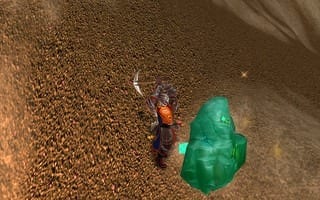
The assumption is that these programs are beneficial
While many people have an opinion on whether animals can help to improve wellbeing and care for patients in hospitals, does anyone really know whether there are benefits both for the patients and the animals themselves?
Not according to a team of researchers from the University of Adelaide, which has conducted a worldwide review of all studies looking at the impact of “animal interventions” in healthcare settings for children.
The researchers, from the University’s School of Psychology and School of Animal and Veterinary Sciences, have found that despite theories emerging as early as the 1960s on the benefits of animals for sick children, there is a major gap in scientific knowledge in this area.
The team has now published its findings in the international journal Anthrozoös.
“If you speak with most people they’ll say it’s a good thing for animals such as dogs and cats to be taken into hospitals, so that patients can derive some form of therapeutic effect from their association with the animals,” says lead author Professor Anna Chur-Hansen, Head of the School of Psychology.
“Since the 1980s, when the term ‘human-animal bond‘ was coined, it started to become taken for granted that animals would bring about an improved sense of wellbeing for people in healthcare or palliative care.
“However, the scientific world has done such a poor job of researching this field that no-one can truly say what the benefits are, how they work, or whether such a situation causes problems or distress – or the exact opposite – for the animals themselves,” she says.
Professor Chur-Hansen says that a number of animal and pet support groups have sprung up around Australia and overseas with the aim of providing benefits for patients.
“The assumption is that these programs are beneficial – and from the little evidence available they are likely to be – but no-one has yet fully assessed the range of issues associated with the human-animal bond in the healthcare setting,” Professor Chur-Hansen says.
“For example, is it better to have your own pet come and visit, or to have someone else’s pet visit you in hospital? What risks are associated with having animals on site amongst children, and what problems does it cause for disease control? What is the impact on the animals themselves, and is having animals in a hospital or hospice inappropriate for people of some cultures? These are among the many questions being left unanswered.
“Our hope is that by better understanding what’s really happening, we’ll be able to develop guidelines that will lead to best practice – guidelines that could be used by animal support groups and healthcare professionals alike,” she says.
The Latest on: Human-animal bond in the healthcare setting
[google_news title=”” keyword=”Human-animal bond in the healthcare setting” num_posts=”10″ blurb_length=”0″ show_thumb=”left”]
via Google News
The Latest on: Human-animal bond in the healthcare setting
- National Pet Month highlights need for better pet health, adoption practiceson May 5, 2024 at 2:22 pm
May is National Pet Month. Veterinarians say it's a perfect time to make sure they have the best start for a healthy life."Each bond we have is unique to us," said Dr. Patrick Flynn, President of the ...
- Emotional support dog vs. service dogon April 24, 2024 at 5:00 pm
More than 1 in 5 pet owners had a pet recommended for their health by a doctor or therapist, according to a 2021 survey by the Human Animal Bond Research ... in a variety of settings.
- Explore a rewarding career in animal-assisted occupational therapyon April 21, 2024 at 11:45 am
I f you’re a dog parent who deeply appreciates the bond between people and animals, you might have considered using your connection with your pup to pursue a fulfilling career. One exciting field is ...
- Europe’s human-animal bond, a special report on EU companion animalson March 26, 2024 at 5:00 pm
Sponsored By An organization or individual has paid to be connected to this work but did not approve or review it. A Human-Animal Bond Report was launched at the EU Companion Animals Stakeholder ...
- The Depth and Breadth of the Human-Animal Bondon March 12, 2024 at 5:00 pm
Either way, you’ve seen the human-animal bond in action. In this case ... have caregivers (which explains the generally good health of these cats) who would miss them should they disappear ...
- The Human-Animal Genomic Bondon July 29, 2022 at 2:06 am
Although many positive outcomes have occurred from this human-animal genomic bond, phenotypic gains can be incremental, and negative traits are often unintentionally selected for. The modern frontier ...
- Human-Animal Interactions in the Research Environment: A Workshopon August 2, 2020 at 3:08 pm
and occupational health issues associated with human-animal interactions in the biomedical research environment. The workshop will consider the full range of people who are involved in animal care and ...
- Animal Science majoron September 12, 2019 at 1:19 am
behavior and animal health. The course begins with a dialogue about the human-animal bond and the role of animals in society, and ends with the discussion of how agricultural animals are managed to ...
- Animal Behavioron October 19, 2018 at 2:57 am
By studying animal behavior, humans ... mental health disorders. Created with Sketch. While some animal behavior scholars perform experiments and study animals in a laboratory setting, others ...
- Human-Animal bond, animal companionship, happiness and petson May 18, 2017 at 5:59 am
Beck also can discuss: The importance of animal companionship Implications of pet ownership to human and animal health The biology of the human-animal bond History of the domestication of dogs ...
via Bing News









